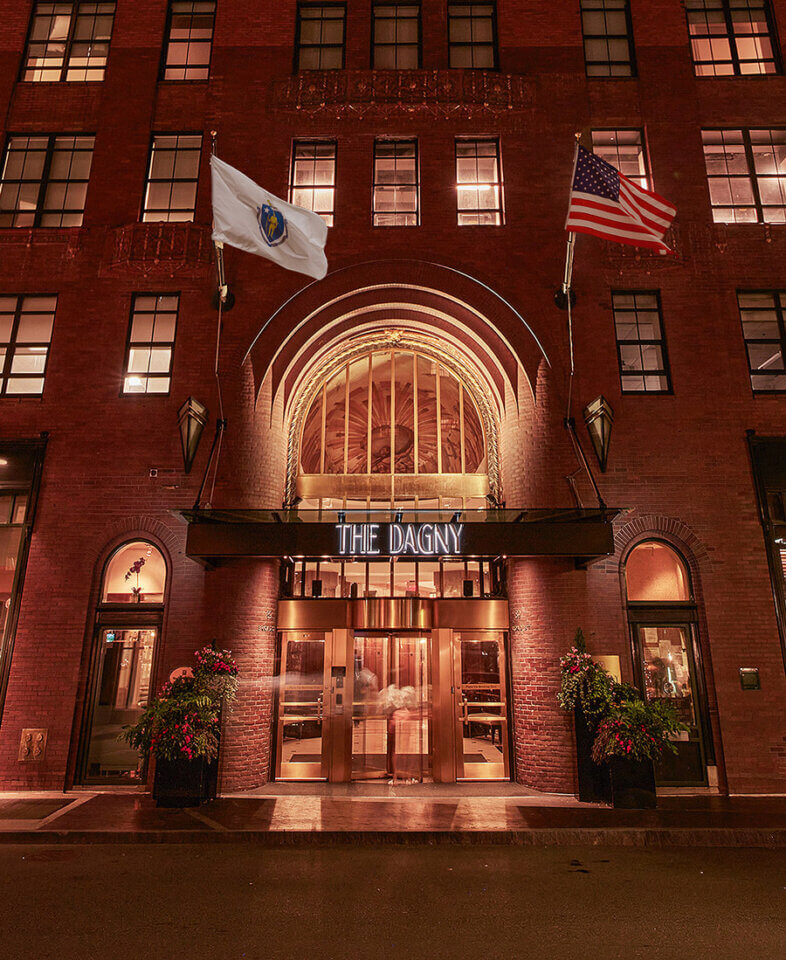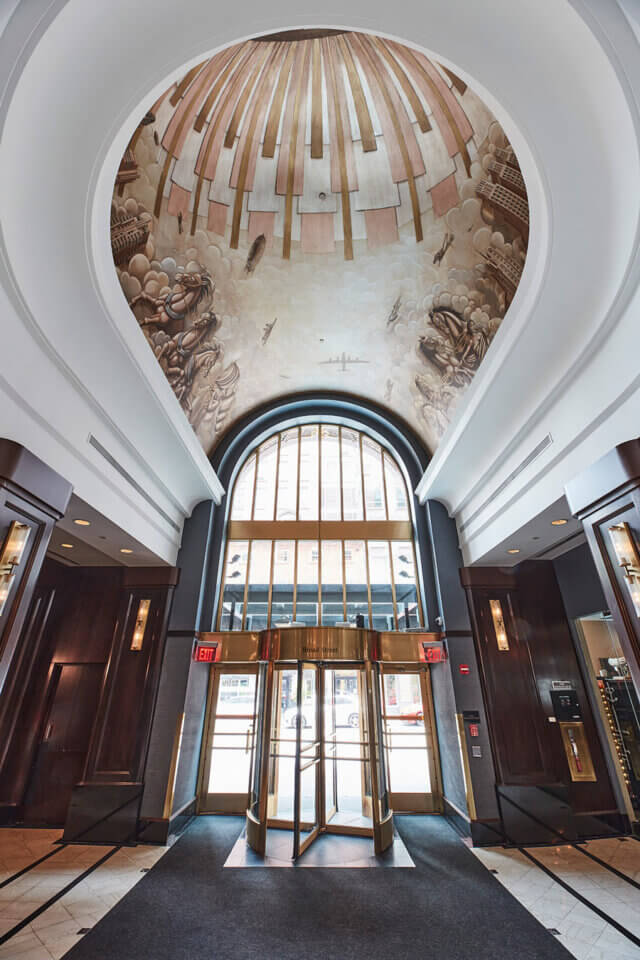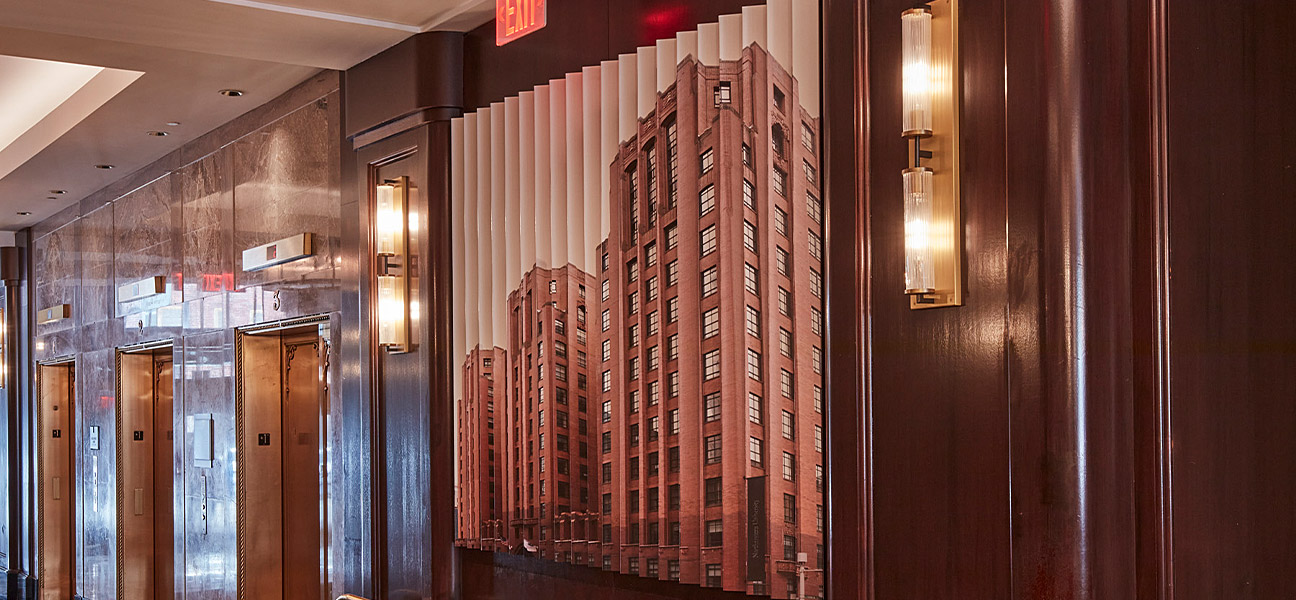At the corner of work and play, where Downtown Boston and the Financial District converge, The Dagny Boston Hotel has opened its doors for the newest chapter in the building’s storied history.

Originally known as the Batterymarch Building, this Art Deco icon rose to prominence in 1928 as the city’s first skyscraper and was quickly hailed for ushering in a new century in the city’s pedigree. As the city’s latest independent hotel, fittingly named using Old Norse words for “new day,” The Dagny Boston marks the launch of a new era for the location.
Managed by Aimbridge Hospitality and reimagined through a multi-million-dollar investment by DiamondRock Hospitality Company and renovation led by international hospitality design firm Hirsch Bedner Associates Los Angeles, The Dagny’s historic setting features 377 newly redesigned guestrooms and 26 renovated suites—each residential in feel, with floor-to-ceiling marble bathrooms, and infused with Art Deco influences. Details and character continue through the hotel’s 15 meeting rooms and 9,000 sq. ft of meeting space. A new 2,000-sq.-ft. fitness center, located on the third floor with views of the city and equipment from Technogym and Peloton, fuels mental and physical feats.
With an on-site library, weekly yoga classes, and more, The Dagny also offers curated itineraries with personalized, unique-to-Boston outings developed by certified Les Clefs d’Or concierges—whose Golden-Key magic brings groups and guests together with an optimistic and warm approachability.
At the heart of the hotel are a pair of culinary, cocktail and coffee destinations: the Tradesman Coffee Shop & Lounge, known for its signature croissants, specialty coffees and all day-menu that transforms into a cocktail hour by night; as well as the fine-dining restaurant, Fin Point Oyster Bar & Grille.

Designed by artist and architect Harold Field Kellogg, the Batterymarch Building’s exterior was designated in 1995 by the Boston Landmarks Commission to be preserved because of its design and contribution to Boston’s architectural history, and in 1998 the building was converted to a hotel as part of the preservation effort. The lobby ceiling still has the original goldleaf Art Deco mural of Atlas carrying the world on his shoulders with the skyline of the City of Boston appearing on the horizon.
